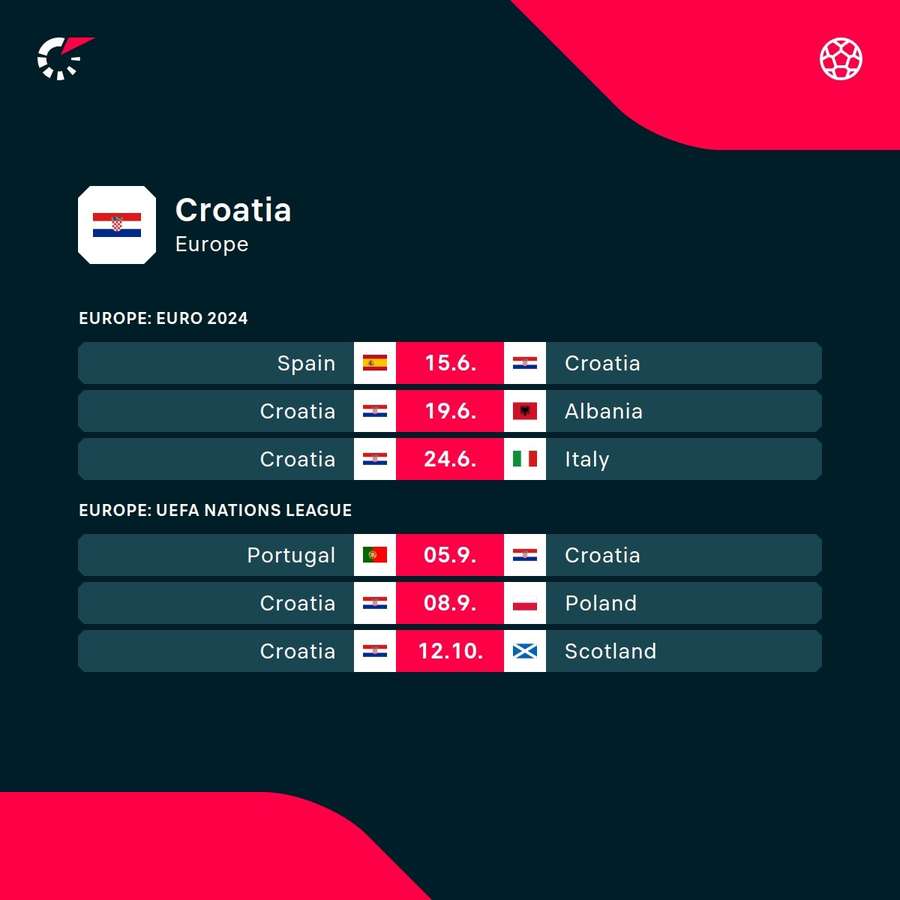EURO 2024 Preview: Luka Modric's Croatia seeking to make an impact in Europe
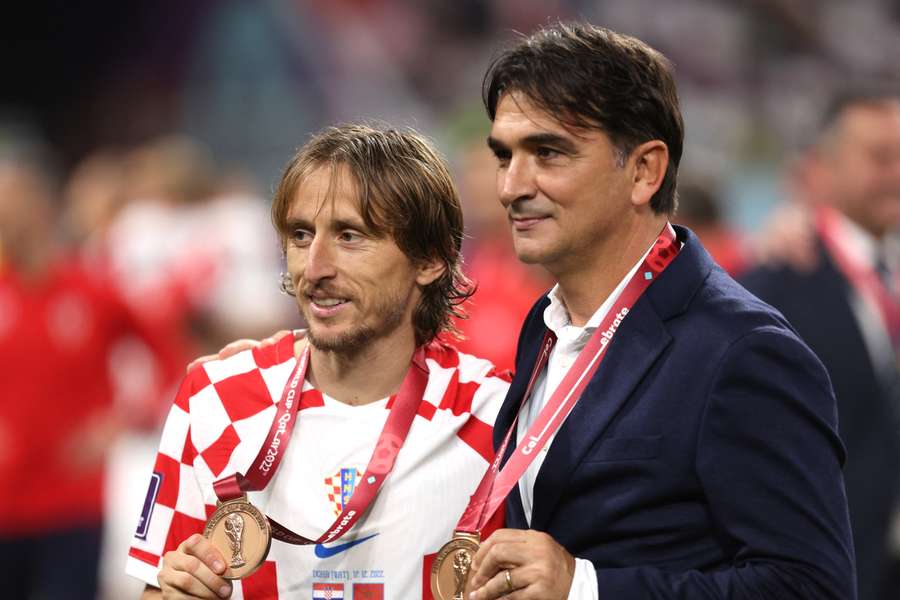
Rectifying a poor record
Finalist in 2018 and third place a year and a half ago in Qatar, Croatia's World Cup record shows the strength of a national team often able to defy the odds when it counts.
At the European Championships, however, where they will be playing for the sixth consecutive time, the second under head coach Zlatko Dalic, the path has never been quite as brilliant for the Croats. This time, Luka Modric and Co. will be going to Germany hoping to rectify their underwhelming Euros record.
Croatia, it must be stressed, is a country of just four million inhabitants and one that exports more elite footballers than its population really ought to. Their historical overachievement in the sport has established lofty expectations both at home and around the continent - they are a serious side.
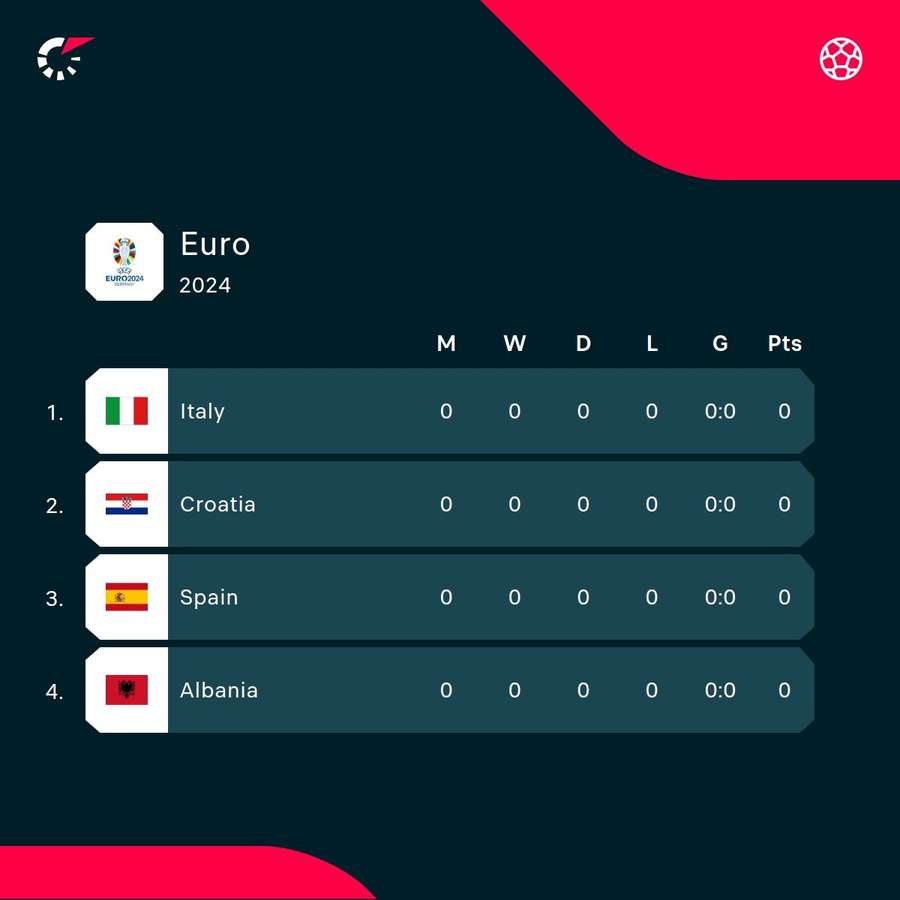
Strengths
Dalic's side have proven many times that they are capable of beating anyone on their day and that they possess an extra factor, namely a strong spirit, common to all Croatian people. This deep-seated sense of pride seems to propel them to greater heights.
The players, nicknamed 'Vatreni' or 'Focosi' in their homeland, have made this clear on several occasions as their recent victory in Portugal also demonstrated.
Dalic, a former soldier in the Croatian army in Bosnia & Herzegovina and now such a religious person that he appears on the sidelines in many matches with a rosary in his hand, usually relies on a 4-3-3 formation, with former Inter star Marcelo Brozovic acting as regista giving Modric licence to move forward and join the attack.
The effectiveness of the 2018 Ballon d'Or winner, in spite of his age, 38, is demonstrated by the fact that Real Madrid, with whom he has just won his sixth Champions League, decided to extend his contract by one year.
The defence relies heavily on the abilities of Josko Gvardiol, the most expensive defender in the history of football (Manchester City shelled out 90 million euros to get him from Leipzig) and Josip Sutalo, provided that the latter manages to stay fit.
Weaknesses
Croatia's weak point lies in the attack as the days of legendary strikers Davor Suker, Alen Boksic and Mario Mandzukic are long gone.
Today's Croatian offensive trident is often made up of Andrej Kramaric, Ante Budimir, Bruno Petkovic, Lovro Majer or Luka Ivanusec, a wide forward or midfielder if necessary, for whom Feyenoord paid Dinamo Zagreb 12 million euros last summer.
In any case, the difference between these players and those of the past can be felt.
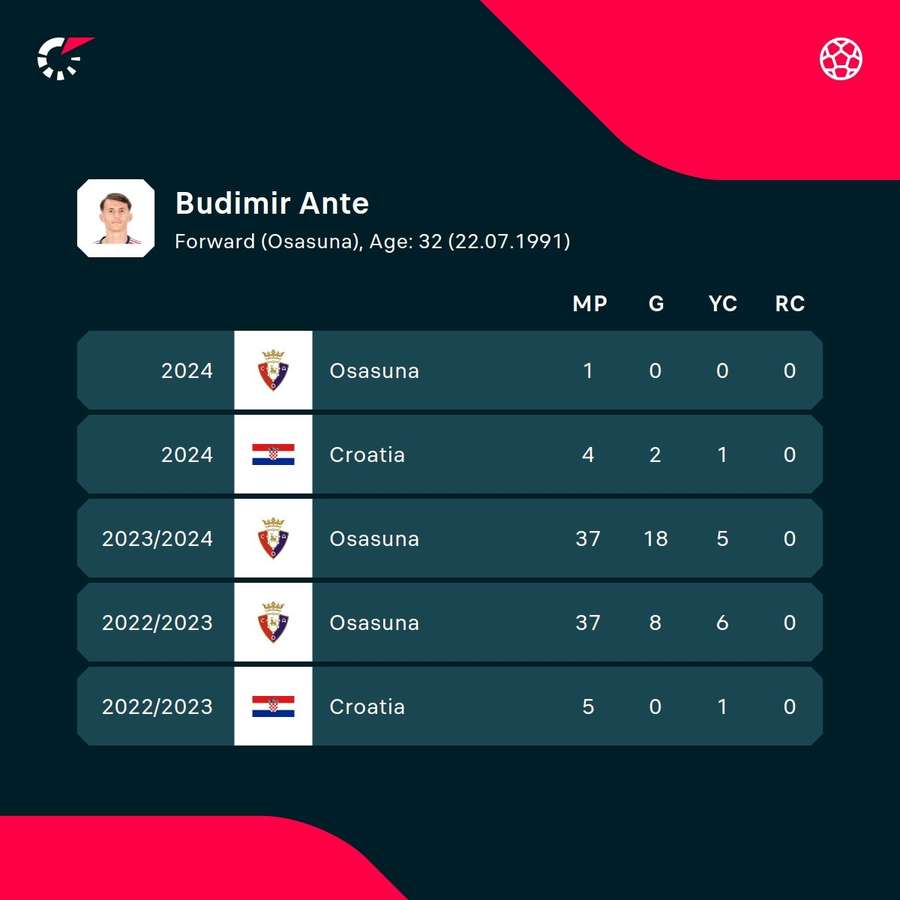
Tactics and formation
Dalic's squad also includes Serie A players Martin Erlic, Nikola Vlasic, Mario Pasalic and Marin Pongracic, none of whom are regular starters, although Atlalanta's Pasalic often plays as a substitute.
Ivan Perisic, who had left Tottenham last summer and returned to his homeland at Hajduk Split in order to prepare better for these European Championships, has also recently returned to the fold.
Supporting the national team will also be former president Kolinda Grabar-Kitarovic, someone who has always promoted the image of a winning Croatia, or at least in the front row. Possibly, even in Germany too.
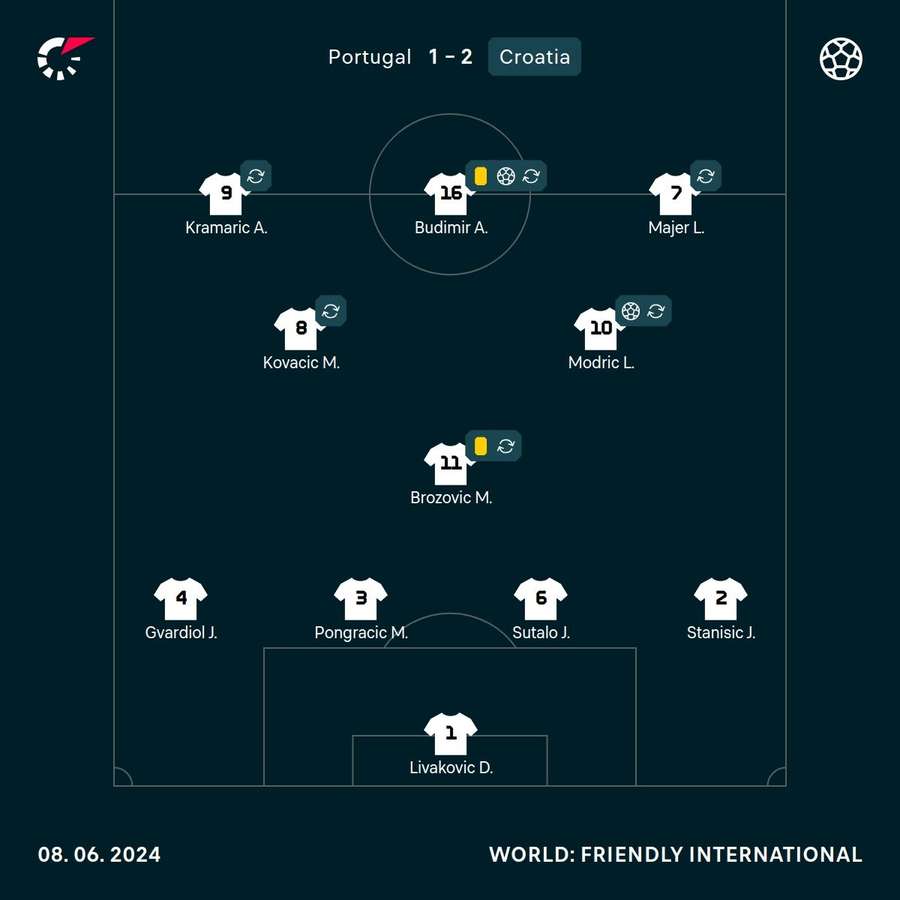
Probable lineup (4-3-3): Dominik Livakovic; Josip Stanisic, Sutalo, Erlic, Gvardiol; Modric, Brozovic, Mateo Kovacic; Majer, Petkovic, Kramaric.
Prediction
For Euro 2024, Croatia was the 21st national team to qualify directly, as second in the group won by Turkey. They therefore avoided the playoffs. This caused the 'relegation' of Italy down into the fourth bracket of the draw. And it is Luciano Spalletti's Azzurri who will be one of the three opponents of Croatia in the group stage.
And despite being in the so-called 'group of death' along with Spain and Albania (in addition to Italy), the aim of the so-called 'Brazilians' of Europe is to do better than what they achieved in the last two editions of the continental tournament when, in 2016 and 2021, they went out in the round of 16, a result not befitting players in the famous red and white chequered shirt.
